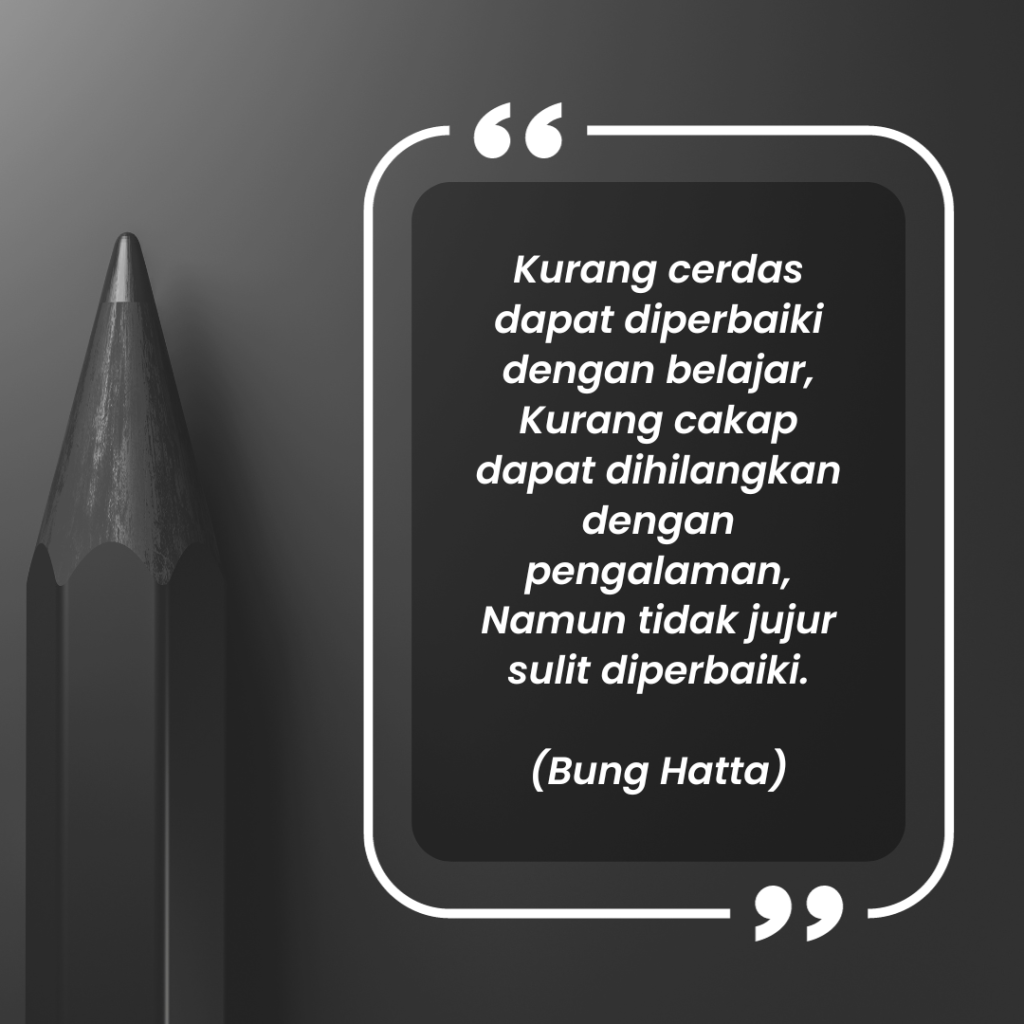By : Rike Rahayu
The main reason read Quiet, maybe the same as some others: Because I am introverted.
Many things in books that are read directly connected, there are also those that feel different, but yes it’s natural, because there are no A-Z traits that are exactly 100% when discussing introverts or extroverts, and there shouldn’t be people who are pure I or E.
I salute with Susan Cain who revealed the “ideal extrovert”, even to the point of coming to some famous places to see extrovert culture there. Regardless of which class we are in, which community to follow, and what kind of background, conditions idealizing this spectrum do often occur. Life is set as a standard (sociable standard, standard of speech, standard of entertainment), so different people are sometimes considered strange, different people are sometimes considered wrong, and different people are sometimes forced to change.
Some real events that are told in this book also help to understand what needs to be considered and known when introverts and extroverts rub against each other. There is a story in the work environment (open workspace glorification which actually turns off introverted productivity & creativity for example), family (spouse, or parents and children whose personality is different), complete with examples of solutions. For those who have introverted children, it is important to read. I who do not have just fooled want to improve myself when facing a small child; but rather immediately relieved because two nieces most likely extroverted
After reading it, it becomes clearer that introvert and extrovert are not reasons to blame each other, stab each other, let alone be a reason for winning yourself.
“I am introvert,so you…”
“You can’t be like that, because I’m extrovert.”
Just spin around then, Mam, Sir.
Self reminder: Every human being on this earth is in different settings. Stimulation, preferences, how to direct and pay attention, are definitely different. The same – only introverts can be different, as well as extroverts. In the end, empathy and tolerance are tested. Do humans want to find out about each other, try to understand, and respect each other? Collaborating healthier at work and family can certainly (if you want).











